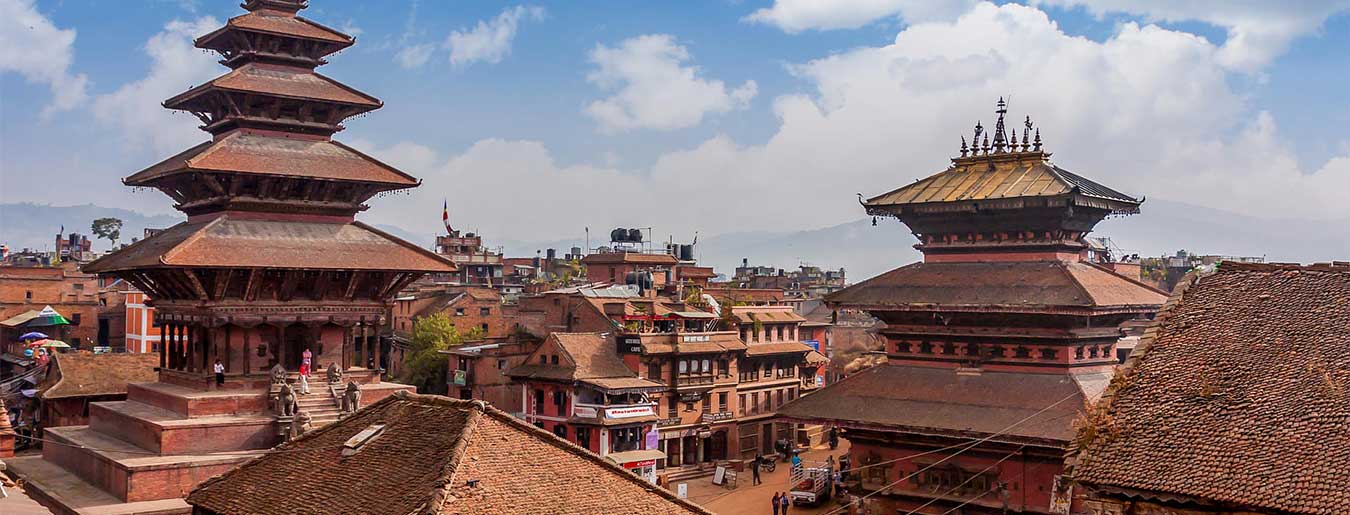Description
☛ Shakyamuni Buddha: Brief Introduction
The ancient Sanskrit term ‘Buddha’ translates to ‘awakened’ or ‘supreme awareness’, closely linked with ‘Bodhi’ denoting enlightenment. Gautama Shakyamuni, born around 563 BCE in Lumbini (now Nepal), epitomizes compassionate understanding and enlightened consciousness. His teachings centered on understanding desire’s role in perpetuating suffering, a theme resonating across Hinduism, Jainism, and related faiths. He emphasized how greed, selfishness, and possessiveness obscure higher awareness, perpetuating suffering among the sick, hungry, elderly, and impoverished. Gautama’s serene image stands in contrast to Western ideals of materialism and outward pride, advocating for inner enlightenment as the path to alleviating worldly suffering.
☛ Gold Painted Face
The face of Shakyamuni Buddha is painted with gold to enhance its significant features, particularly the eyes, and lips. This detailed painting is essential as it brings forth the crucial attributes of the expression of eyes and lips that metal carving alone cannot capture.
Moreover, the painted face serves as a symbolic and sacred ritual in Buddhism, preparing the statue for consecration and practice. The act of painting the face with gold in Buddhism holds deep meaning. It represents the intention to bring life and expression to the statue, imbuing it with a sense of vitality and presence. The application of gold on the face showcases the devotion and craftsmanship of the artisans, ensuring that every detail is carefully attended to honor the sacred essence of the Shakyamuni Buddha.
☛ About Elector Gold Plating
This Shakyamuni Buddha has been finished with a Full Electro Gold plated coating. Electro gold plating is a contemporary technique used to apply a layer of gold onto various surfaces. The process involves the use of an electric current to deposit a thin and even layer of gold onto the object being plated. This method is known for its efficiency and cost-effectiveness compared to traditional fire gold plating techniques.
☛ Ceramic Molding System
The Shakyamuni Buddha has been crafted using the Ceramic mold casting process, a modern approach that provides an alternative to traditional methods such as the lost-wax system or rubber molding. Also referred to as ceramic molding, this technique involves the creation of a ceramic mold to cast the statue. The process begins by making a precise and detailed wax model of the desired sculpture. The wax model is then coated with layers of ceramic material, creating a sturdy mold. Once the mold is complete, it is fired in a kiln, causing the wax to melt and escape, leaving behind a cavity that perfectly replicates the original sculpture. Molten metal is then poured into the mold, allowing it to fill the cavity and take on the desired form. Once cooled and solidified, the ceramic mold is carefully broken away, revealing the final metal statue.







Reviews
There are no reviews yet.